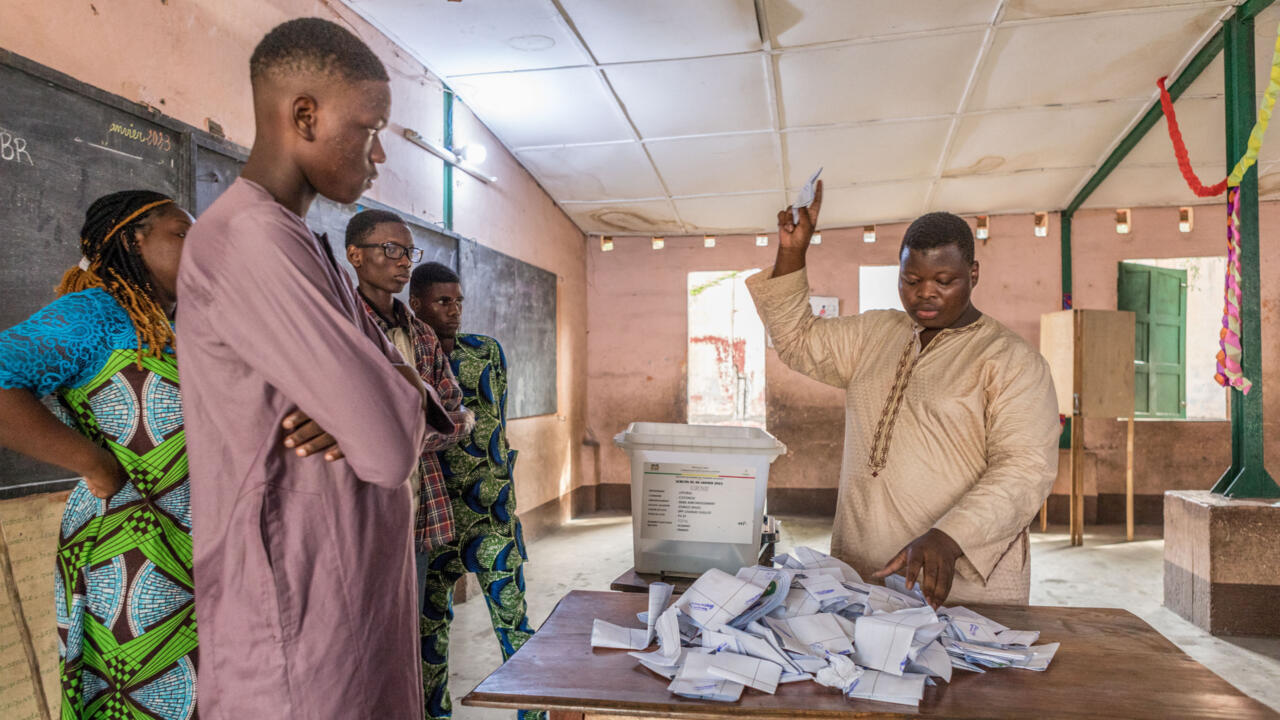
The political opposition in Benin has voiced growing concern over delays in key electoral preparations, warning these could jeopardize the smooth conduct of the 2026 general elections.
At a press conference held on August 7, 2025, at the Democrats party headquarters in Cotonou, the Consultation Framework of opposition forces highlighted several issues demanding urgent resolution.
Expérience Tèbè, one of the coalition’s coordinators, criticized the postponement of the distribution of sponsorship forms by the Autonomous National Electoral Commission (CENA), initially scheduled for July 25 but now without a new confirmed date.
“This postponement, with no new date known to date, puts the parties in difficulty. It is imperative that the forms are submitted before August 25, 2025,” Tèbè stated, emphasizing the risk posed to candidate preparations.
The opposition also raised alarms about the availability of tax clearance certificates, mandatory for electoral candidacies.
They urged the Directorate General of Taxes (DGI) to immediately open the digital platform to facilitate access to these certificates, warning that “any delay in this area creates last-minute bottlenecks that are detrimental to the peace of mind of obtaining this document.”
While highlighting these concerns, the opposition welcomed the National Agency for the Identification of Persons (ANIP)’s rollout of a digital system enabling voters to check and update their polling stations.
However, they called for this service to be expanded to cover all 546 districts nationwide. The coalition also acknowledged the ongoing audit of the electoral register by independent experts, reserving judgment until the final report is published.
The Autonomous National Electoral Commission (CENA) has sought to allay fears, emphasizing that it remains within legal deadlines and distinguishing between its internal timetable and the official electoral calendar.
Boucary Abou Soulé Adam, Director General of Elections, clarified that the electoral calendar for the presidential and vice-presidential elections is set for publication between August 11 and 18, 2025, explaining that criticisms of delays stem from misunderstandings of the electoral process.
“I don’t know where this imagination comes from,” he remarked, stressing the fundamental difference between the legally mandated electoral calendar and CENA’s internal schedule, the latter serving as a management tool rather than a binding timeline.
As the 2026 elections approach, the opposition’s demands highlight growing impatience and underscore the crucial need for transparency and timely communication in ensuring a credible electoral process in Benin.



